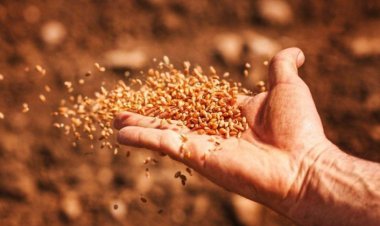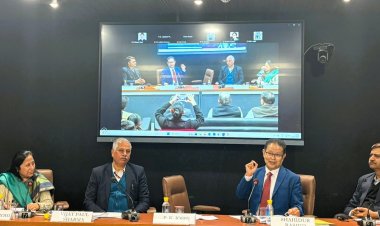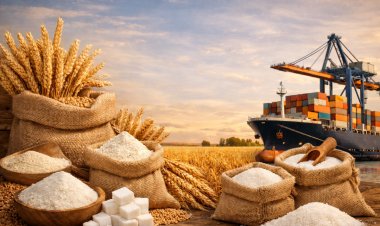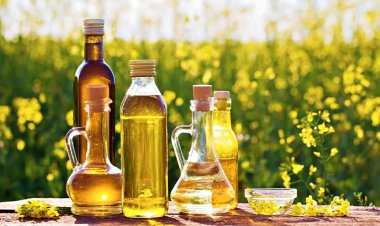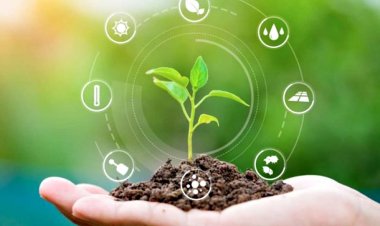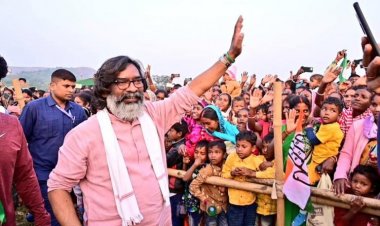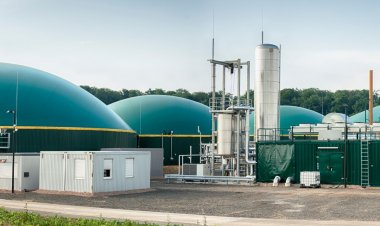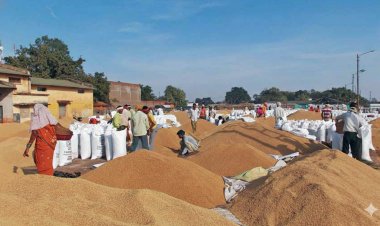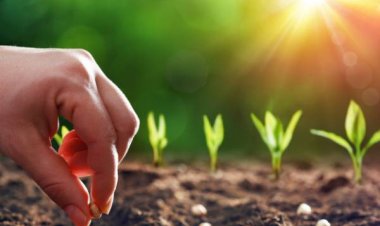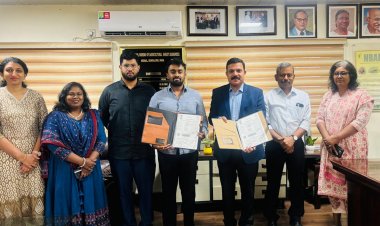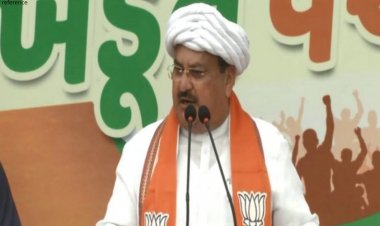Reduce GST in agriculture; make mandi tax uniform: Dr RS Paroda
In order to promote agriculture and increase yields, it is necessary to promote mechanization and the use of technology. For this, the GST imposed on these items needs to be reduced. Besides, the GST on fertilizers and pesticides should also be reduced. Also, the mandi tax should be made uniform across the country.
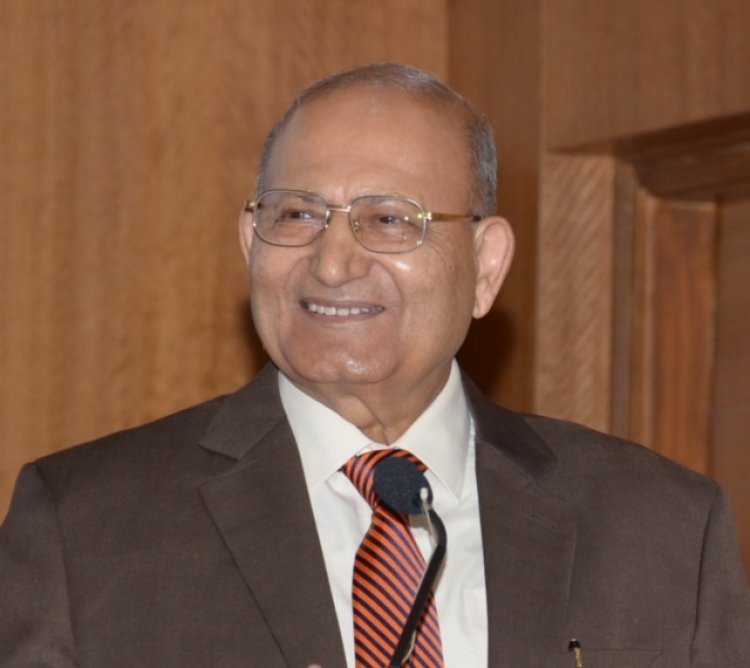
In view of the Lok Sabha elections next year and the Assembly elections in nine states this year, it is very likely that Finance Minister Nirmala Sitharaman will present an election budget on February 1. In any case, technically speaking, it will be the last full budget of the second term of the Modi government. So, there are increasing chances that the Budget will be full of reliefs so that it is turned to electoral advantage.
Agriculture is especially pinning its hopes on this Budget. The farmers have been angry with the Modi government in its second term for various reasons: farm laws, attitude to the farmers’ movement, no legal guarantee of Minimum Support Price (MSP), fertilizer shortage, inability to keep the promise of doubling farmers’ income, and so on. This Budget may, therefore, come up with steps that pacify the farmers and fulfil the demands of the agriculture sector.
Agriculture has long been demanding relief from the Goods and Services Tax (GST) ever since it was implemented. Not only agriculture companies but also experts have been saying that the relief is necessary to promote agriculture and increase yields and efficiency. Padma Bhushan Dr RS Paroda, who has served as Director General (DG) of the Indian Council of Agricultural Research (ICAR) and Chairman of the Indian Science Congress (ISC) and who is currently heading the Trust for Advancement of Agricultural Sciences (TAAS), also agrees with this. A reputed name among agriculture experts across the world, Dr Paroda has contributed for more than five decades to the advancement of agriculture in India.
When Rural Voice sought to know his expectations from the coming Budget, he said, “In order to promote agriculture and increase yields, it is necessary to promote mechanization and the use of technology. For this, the GST imposed on these items needs to be reduced. Besides, the GST on fertilizers and pesticides should also be reduced. Also, the mandi tax should be made uniform across the country. Currently, the mandi tax in one state is 13-15 per cent and 5-7 per cent in another. It should be made a uniform 5-7 per cent across the country.”
Increase import tax on pulses, oilseeds
Dr Paroda said that large quantities of pulses and oilseeds were being imported currently, leading to substantial expenditure. “Instead, their domestic production should be encouraged. We have done so earlier too. It is necessary to increase import tax for this. This will not only boost domestic production but also help save import costs. Besides, measures should be taken to increase investment in agriculture, especially in eastern and northeastern India, where there are possibilities of several green revolutions.”
Form Farmer Welfare Council on lines of GST Council
In order to advance agriculture and double farmers’ income, Dr Paroda advocated forming National Agriculture Development and Farmer Welfare Council on the lines of the GST Council. He said, “It is also necessary because this will constitutionally make agriculture a national subject rather than a state subject. A high-level coordination convergence is necessary to address farming issues like irrigation, seeds and fertilizers. It will be easier to address these issues through a National Agriculture Development and Farmer Welfare Council.” He also pointed to the need to review the current fertilizer policy.



 Join the RuralVoice whatsapp group
Join the RuralVoice whatsapp group

















